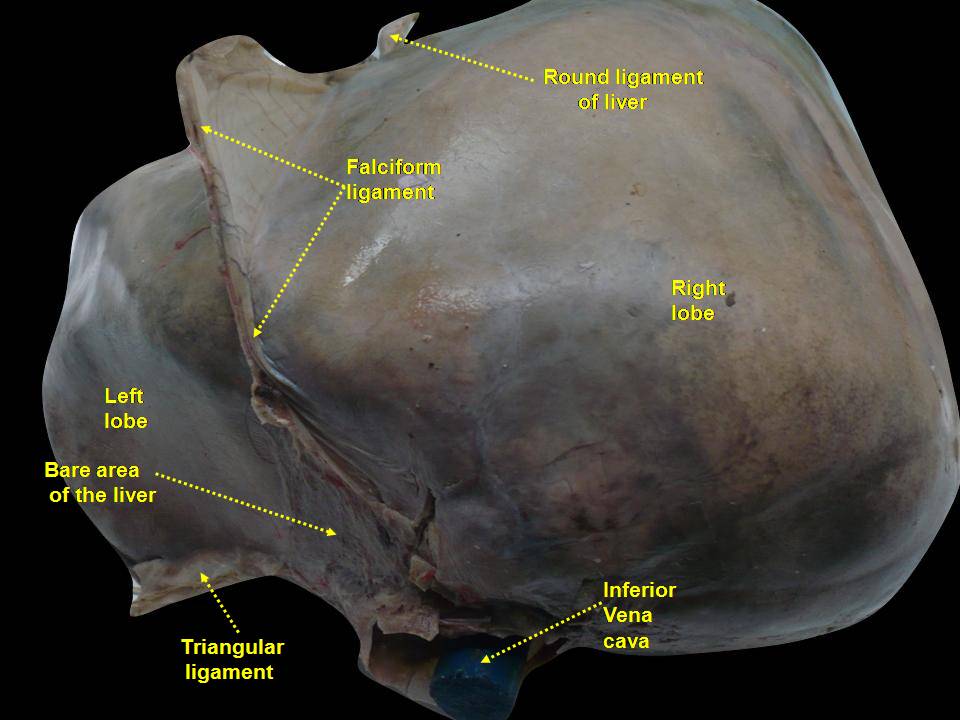
CAM use leads to delays in appropriate, effective arthritis therapy
A preference to use CAM before seeking medical advice may be harming patients with inflammatory arthritis.

Placebo Myths Debunked
Placebo treatments are often sold as magical mind-over-matter healing effects, but they are mostly just illusions and non-specific effects.

Turpentine, the Fountain of Youth According to Dr. Jennifer Daniels
Jennifer Daniels says turpentine is the Fountain of Youth, able to cure many ailments, both real and imaginary. It isn't; it's a poison with no recognized benefits for human health.

Why do some women refuse treatments for their breast cancer?
Adjuvant therapy after surgery, such as chemotherapy, hormonal therapy, and radiation therapy, has contributed to a 39% decrease in breast cancer mortality since 1989. Unfortunately, a significant number of women decline evidence-based adjuvant therapy. A recent study suggests that distrust of the medical system plays a significant role in such refusal.

Another “Chronic Lyme” VIP disciplined by NY medical authorities: Bernard Raxlen
Another "Lyme literate" NY physician is on probation and under orders to clean up his act. Will other physicians treating "chronic Lyme" take note?

Risks of a Gluten-Free Diet
Non-Celiac Gluten Sensitivity does not seem to be a real entity according the current evidence, but this has not stopped the gluten-free fad, which may be causing real harm.

Update on ASEA, Protandim, and dōTERRA
Multilevel marketing distributors of dietary supplements and essential oils point to studies that they think constitute evidence that their products work. They don't understand why those studies are inadequate.

ORBITA: Another clinical trial demonstrating the need for sham controls in surgical trials
Last week, the results of ORBITA were published. This clinical trial tested coronary angioplasty and stenting versus optimal medical management in patients with single-vessel coronary artery disease. It was a resoundingly negative trial, meaning that adding stenting to drug management didn't result in detectable clinical improvement. What was distinctive about this trial is that it used a sham procedure (i.e., placebo) control,...

The American Chiropractic Association Answers Crislip’s Call, Joins the Choosing Wisely Campaign
The Choosing Wisely campaign has invited the largest chiropractic organization in the United States to publish a list of interventions to avoid. The results, while not entirely without merit, consist of redundant or unnecessary recommendations. And there is a glaring absence of recommendations to avoid any of the blatant pseudoscience commonly practiced by chiropractors.

Liver cancer, naturally
Aristolochic acid, a highly toxic substance naturally found in some traditional herbal medicines, may be a significant cause of liver cancer.





